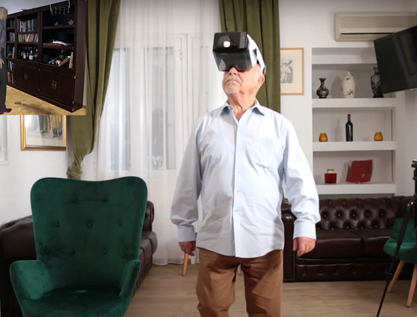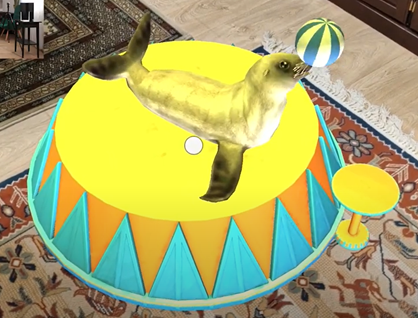Written by Eline Te Braake and Christiane Grünloh
RE-SAMPLE is a European project targeting people with COPD and other chronic conditions. The goal of RE-SAMPLE is to develop a technology that supports patients and their caregivers. This technology will help patients manage their COPD and other chronic conditions. Along with 9 other partners, RRD is collaborating on this project to shape and develop the RE-SAMPLE technology. The project started in March 2021 and will run for a total of 4 years. RE-SAMPLE has received funding from Horizon (Grant agreement No. 965315).
USER-ORIENTED. When designing an eHealth intervention, it is important to consider the needs and desires of those who will use it. Ultimately, we want RE-SAMPLE to have an added value in practice for both people with COPD and their healthcare professionals. Of course, we also want that after the project, RE-SAMPLE is actually successfully implemented in the health care system. To do this, we need to learn from the attitudes, experiences, and needs of people with COPD and their caregivers. Since they are all experts in the field, they know best what is currently missing or what is already going very well. This information can help us develop a technology that is actually useful to them.
Since the inception of RE-SAMPLE, we have conducted many different surveys. We had the opportunity to talk to many people with COPD and caregivers to learn more about COPD, the experiences of living and coping with COPD, and preferences regarding COPD management. This provided a lot of useful information. This input helped us a lot in shaping the RE-SAMPLE technology. To give you an idea of what we have discovered so far, RRD has created a summary video with some highlights.
You can watch this video below!
Although much information is already being collected, we will also need ongoing input from both healthcare providers and people with COPD in the future! After hearing about RE-SAMPLE, would you like to join us and give us feedback?
Then feel free to contact us!
You can do this by sending an e-mail to Christiane Grünloh (c.grunloh@rrd.nl) or Eline te Braake (e.tebraake@rrd.nl)



